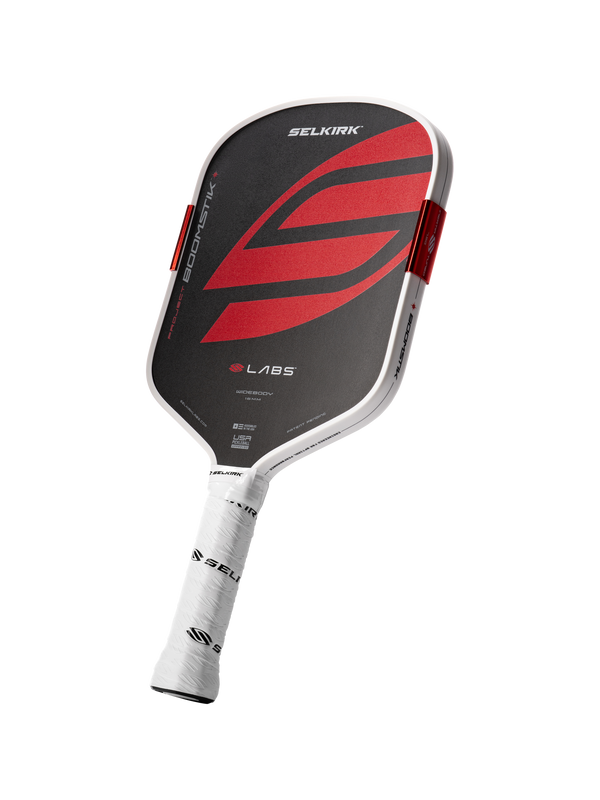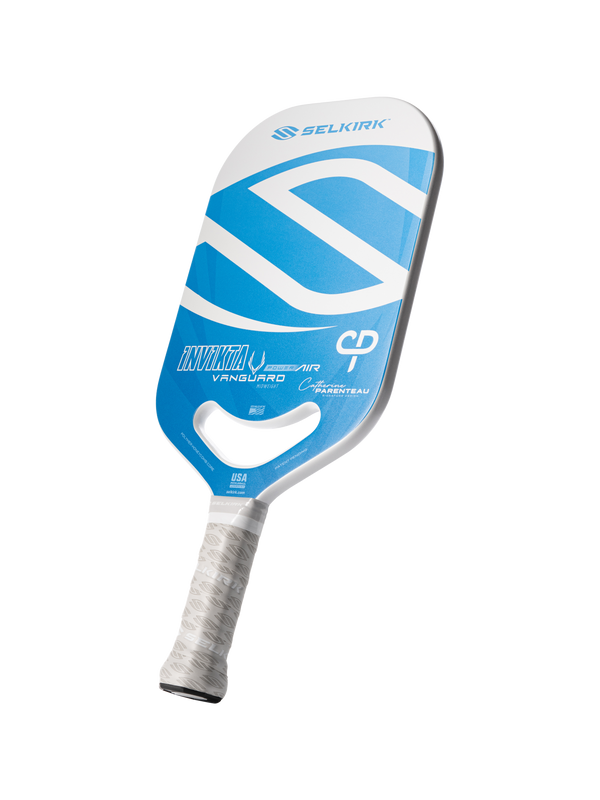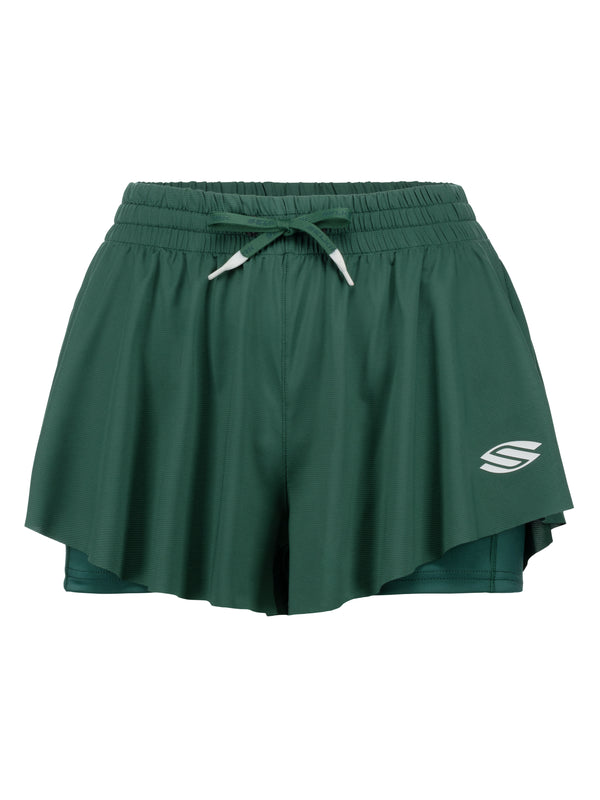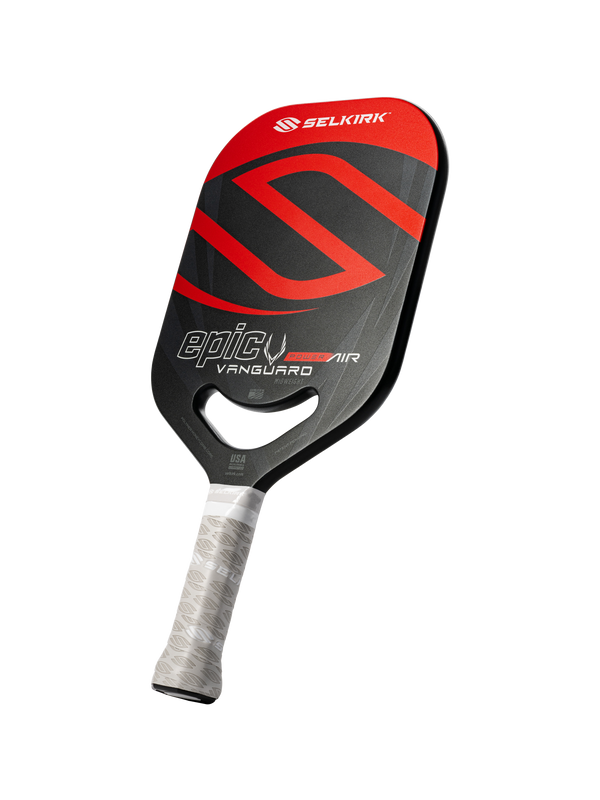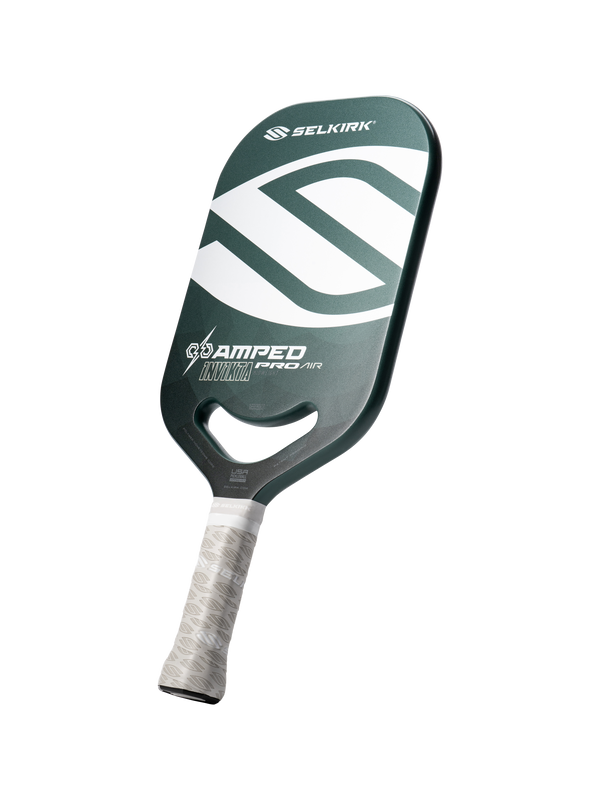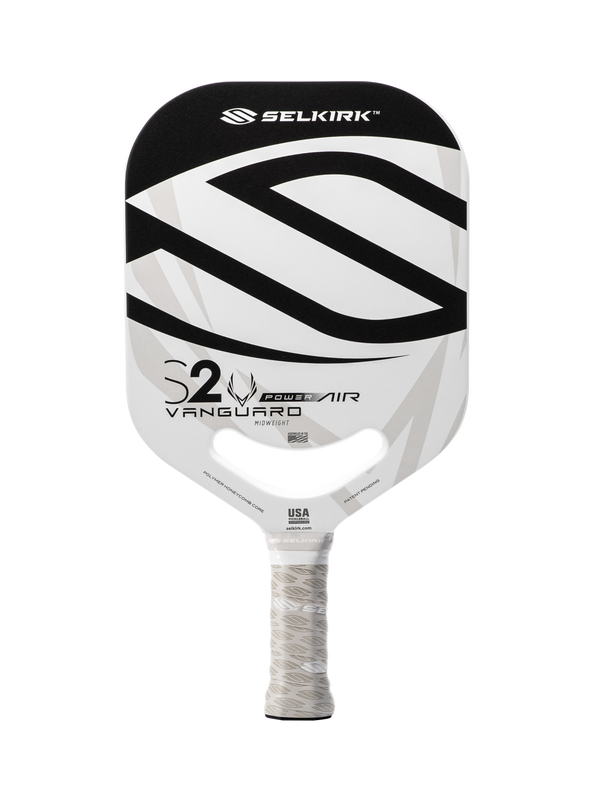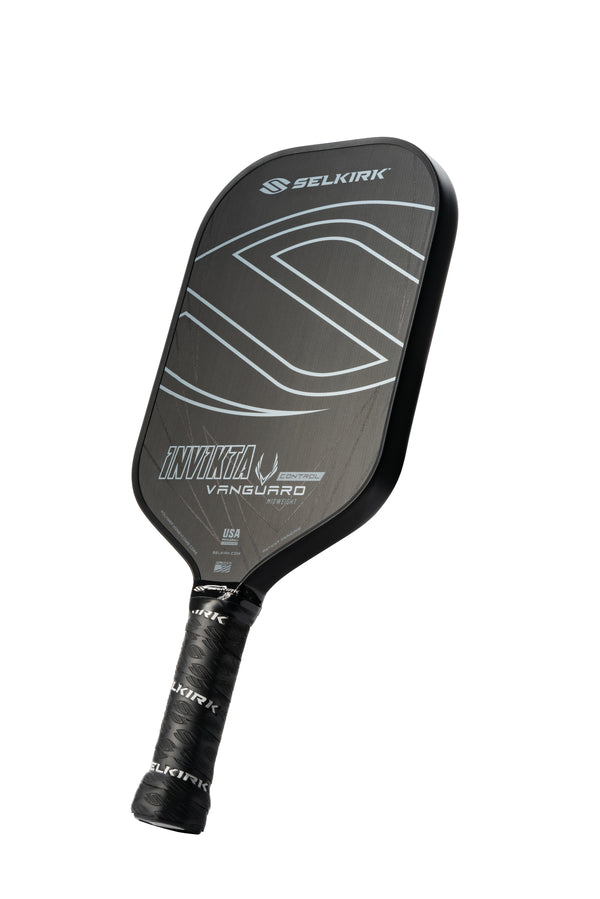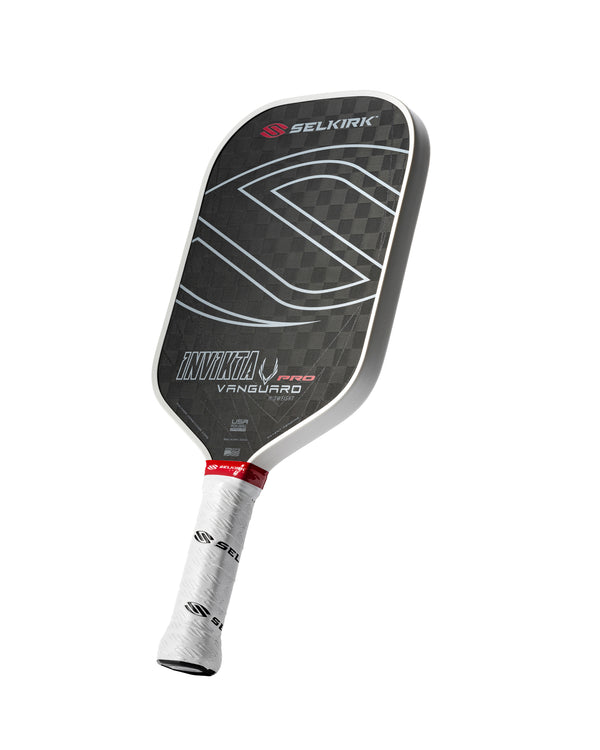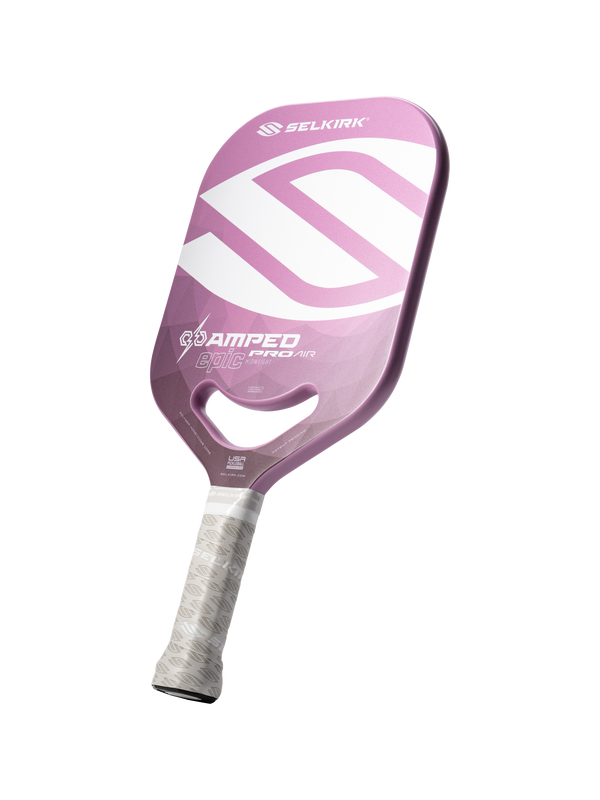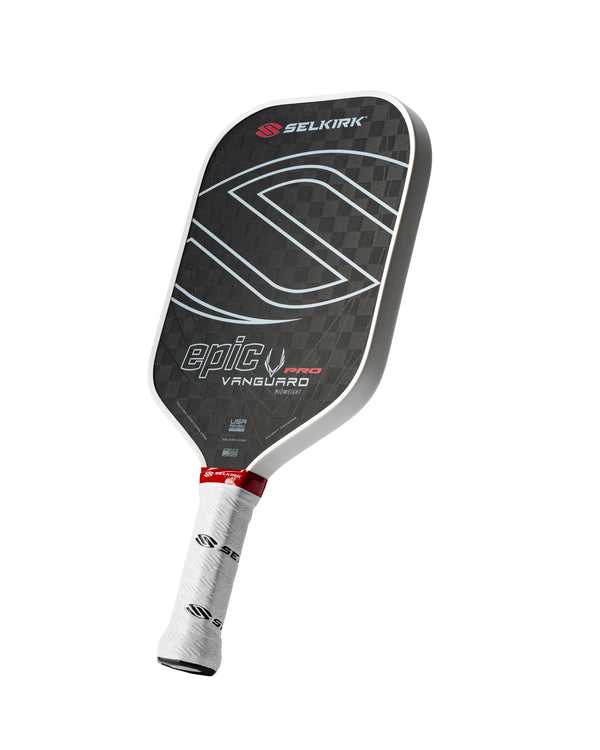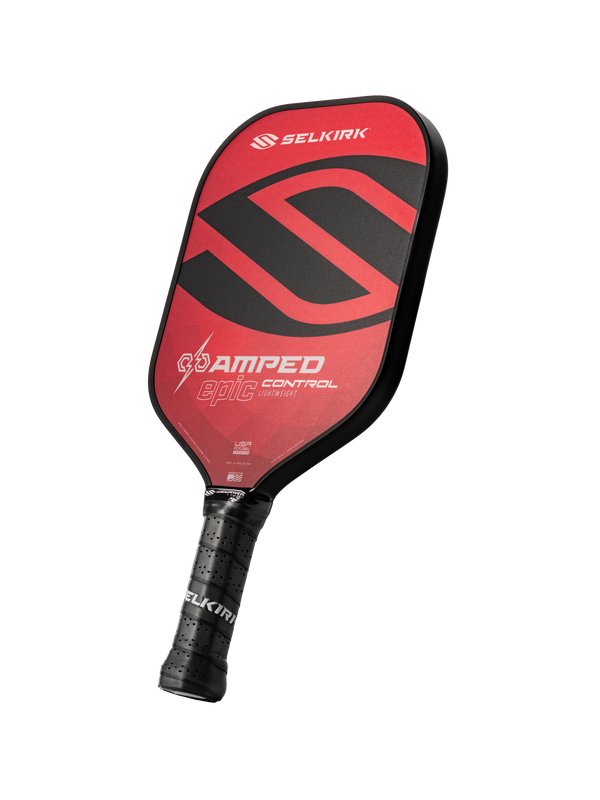When the Game Goes South – and that doesn’t mean Florida

The longer you play, the more you can count on a time coming when your game will tank. You’ll go from playing like a cool, collected, confident 4.5 to looking like a tantrum-throwing toddler attempting paddle control while sporting a broken-arm and blindfold. One mistake becomes three, and before you know it, you’re eating consolatory peanut butter and jelly sandwiches in the parking lot, while everyone else celebrates their victories, heroic shots, and epic ATPs.
The Good News
Whenever this happens, assuming you get over your incredulity and stop swearing to sell all of your paddles to take up golf, take a deep breath and console yourself with the knowledge that we ALL go through it.
When the game comes down to missing serves, being attracted to the net like a giant tuna, sailing everything out of bounds, or bringing early Christmas joy to your opponent by serving up numerous forehand put-aways, the good news is that there are a number of internal and external techniques for turning the proverbial ship around.
Top Ten Techniques To Get Out Of A Slump In Pickleball
These ten techniques can be used any time regardless of whether you play competitively, just want to employ them as part of your personal pre-game routine, or to right your play when you find that your game is going off the rails. Each player is different and can benefit from different tactics, but hopefully you can find a couple of these tactics that work for you the next time you're in a slump!
1. Harness your inner yogi – use different breathing techniques right before a serve, a point, or as part of pre-match rituals. Calming your system brings focus and relaxes any tension you might be harboring on account of your mistake(s), plus it helps take away the nervous energy and anxiety performance can bring. Here are a few examples:- Diaphragmatic breathing, a.k.a. deep belly breathing - taking deep breaths while focusing on the rise and fall of your belly rather than your chest
- Ujjayi Pranayama or other pranayama breathing techniques – breath focus, shifting the focus to your breathing, deepening it, and using your nose and throat to inhale/exhale rather than open mouth breathing
- Long exhales – where the length of the exhale is steadily increased until it reaches up to twice the length of the inhale
- Box or 4-7-8 Breathing - breathe in, hold, exhale for 4-counts each (box breathing) or varying counts (4-7-8 breathing)
2. Repeat a key phrase – my mixed doubles partner and I like to remember this: “one shot at a time, one point at a time, one game at a time, one set at a time”. Basically, we tell ourselves that no matter how down and out you feel there is a simple progression that we all have to follow, and breaking the game down in this manner keeps us focused on the little steps until our game falls back in line.

3. Hit to the middle – by playing the ball to the middle of the court, you put the pressure on the opponent to decide who will hit it and increase the likelihood that they will make a mistake. This also gives you a larger margin for error, as long as you keep the ball low, you can hit the ball towards the larger target (middle of the court) where a minor miscalculation is less likely to result in a side out. Once you get a rhythm back you can return to using line shots and more complicated placement techniques.
4. Make yourself laugh – joking with a partner, spectators, or fellow players is a great way to release the tension and remind yourself to have fun again, but you can also do it just for you. I personally enjoy harnessing my best inflatable tube man or air/sky dancer impression (the likes of which can be seen advertising outside a car dealership or on some heavily trafficked strip drawing attention to some extraordinary deal), waving my arms and body in a disjointed fashion, letting myself loosen up. Weird, I know, but you can’t possibly be anxious or angry when acting like a fool!
5. Remember the Universal Law of Runs and that pickleball is all about the peaks/valleys – everyone gets a run, so no matter how dire the circumstances, a few points are never beyond reach. Instead of feeling defeated your body will respond to the positive possibilities and before you know it, you’ll have scored a succession of points. And if that doesn’t get your paddle pumping and confidence upping, then remember that pickleball is all peaks and valleys - spending a little time in the valley just keeps you humble, besides there’s nowhere to go but up.
6. Watch the ball to the paddle or try to hone in on the holes – usually when you are making a myriad of mistakes, it comes down to you being out of sync, your timing being off, or not making clean contact with the ball. Paying attention to how you hit the ball and consistently hitting the sweet spot lends control and consistency, while watching the holes on the ball forces you to focus and gives the impression of it slowing down.
7. Loosen your grip - Once things start going south, often times we tense our muscles and increase our grip strength without realizing it. Try holding the paddle handle between your pointer finger and thumb, it causes you to lighten your grip but you can still control the paddle and use it to reset your grip. This technique also makes it difficult to tense or over grip when holding the paddle. A loose grip is particularly important on dinks, drops, and resets!
8. Time off – like anything else sometimes you just need a little time away to appreciate the game and to reset your whole perspective. You’ll be able to come back fresh and compete in true form.
9. Sports Psychology Methods – pro athletes often use a variety of techniques to ensure they can maintain peak performance and succeed at a high level. Methods, like visualization, used prior to a match allow the athlete to envision what a successful shot looks like, run through common game scenarios with positive outcomes, or to replay previous wins point-by-point in their mind, which translates to their play. By employing such methods, athletes are setting the stage for success, positive outlooks, goal setting, and repetition of what works so they have the confidence and tools they need to perform consistently.
10. Don’t Try to Force Winners – much like playing to the middle, making simple shots and focusing solely on keeping the ball in play helps decrease errors. When we try to force the point or panic and put pressure on ourselves to hit a winning shot, that’s when the mistakes happen and begin to multiply. Pickleball is a game of strategy, patience, anticipation, and execution, so slowing the game down and taking your time to employ simple shots will allow you to realign, refocus, and make the plays you need to make to earn those extra points.
Remind yourself to play "smarter" and don't force something unless it's there! Bide your time and wait for the right opportunity. Like this:


